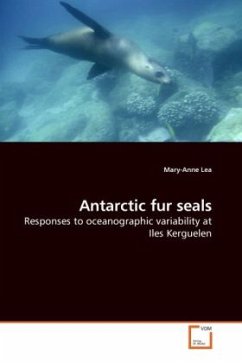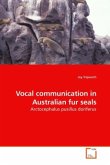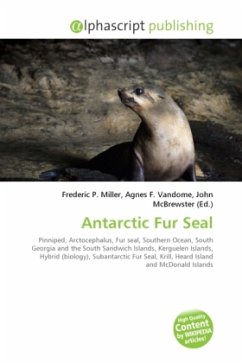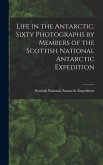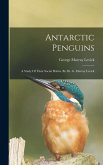In 1997, the largest El Nino Southern Oscillation event on record began to take shape in the Pacific Ocean. At this time, many of the complex oceanographic interactions and teleconnections between the World s oceans were little studied and the effects of climate-induced changes in oceanography on marine vertebrate predators were poorly understood. Each austral summer at the Kerguelen Archipelago in the southern Indian Ocean, a diversity of marine predators return from winters spent in the Southern Ocean, to breed. This study, which formed part of multi-disciplinary predator-prey study, examined the inter-relationships between the foraging ecology of breeding female Antarctic fur seals, their mesopelagic prey, oceanographic conditions and the success of pup rearing from year to year. The responses of female Antarctic fur seals to changing oceanographic conditions within their foraging range were highly variable over the three years, revealing a complexity of foraging strategies for this species at Kerguelen. This body of work provides a comprehensive summary of the effects of oceanographic variability and associated changes in prey availability on the adaptable Antarctic fur seal.
Bitte wählen Sie Ihr Anliegen aus.
Rechnungen
Retourenschein anfordern
Bestellstatus
Storno

